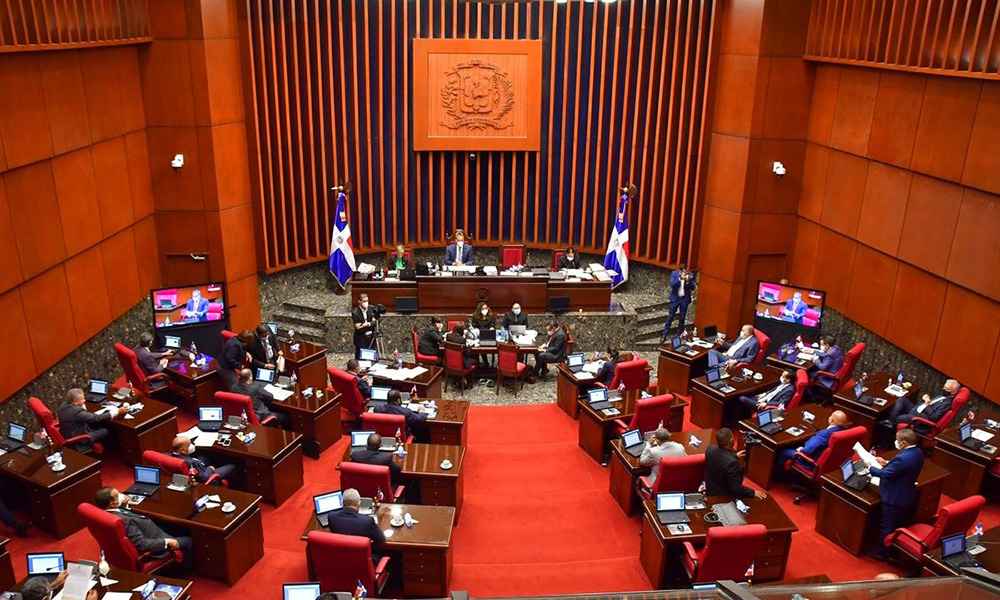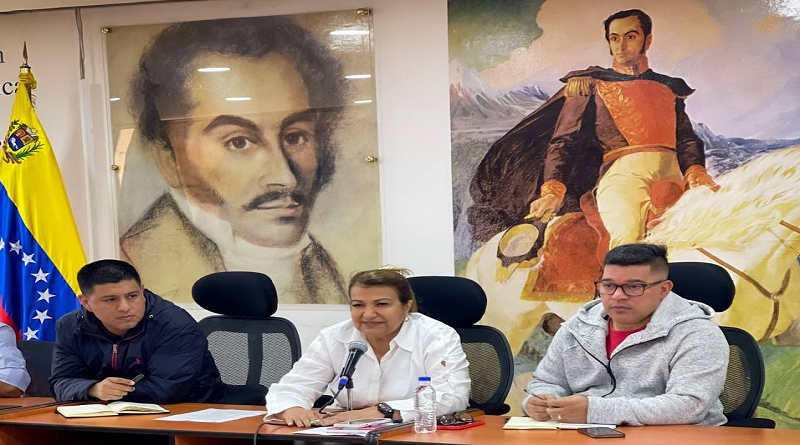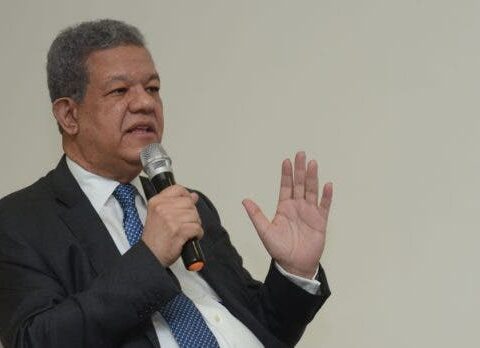The Senate approved in a single reading and converted into law the project on civil status acts that will reform Law 659 dating from 1944 and with which people over 18 years of age may choose to change the order of their surnames.
The initiative was sanctioned by the senators on July 25, one day before the end of the last legislature. However, when it passed to the Lower House it underwent some modifications. Being in the session of this January 11, 2023 the most recent. Therefore, it returned to the chamber of origin as established in the procedures.
The legislation, whose proponent is Senator Dionis Sánchez (FP-Pedernales province) obtained unanimity among voters, with 20 votes. Now it will go to the Executive Branch for its promulgation or observation.
Scope of the Law
The purpose of this is to establish the provisions that govern the actions and effects of the National Civil Status Registry System. Likewise, the requirements for obtaining citizen services related to the acts of the Civil Status.
At the start of the session, Dionis Sánchez requested that the piece be included on the agenda. this, after explaining that the changes he underwent in the Lower House are of form.
In article 8 the law considers that the Central Electoral Board is the custodian of the identity of the people. Likewise, the highest authority on which the Civil Status Registry and the Identity and Electoral Card depend.
The law also establishes that the jurisdictions of the Civil Status offices will be determined by suppression, the Central Electoral Board. This will have the power to create, transfer, limit or expand the constituencies throughout the national and international scope of the Civil Status offices, through the resolution process when required.
Through the article, the National Civil Status Registry System is created as the set of resources, administrative mechanisms, organization, provision of services and execution of actions aimed at guaranteeing the registration, control and filing of vital facts and civil status acts of people, with the assistance of bodies under the coordination of the Central Electoral Board and the collaboration of organizations that carry out actions related to the Civil Status Registry.
Most recent modifications in the Senate
In the session of the Chamber of Deputies, six proposals for modifications presented by the deputies Dulce Quiñones (PRM), José Horacio (OD), Eugenio Cedeño (PRM), Alexis Jiménez (PRM), Lourdes Aybar (FP) and Juan Dionisio were submitted. Rodríguez Restituyo (FP), of which the following were accepted:
José Horacio proposed modification to article 83, adding a paragraph three. “The registered person, upon reaching the age of majority, may, only once at the time of requesting the identity and electoral card, order the change of the order of their surnames in order to establish their personal identity.” He had 74 votes in favor and 37 against.
Rodríguez Restituyo submitted changes to article 141, on the reacquisition of Dominican nationality, to add. “People who have acquired Dominican nationality for another reason and have renounced it will not benefit from the provisions of this article.
Meanwhile, Lourdes Aybar’s proposal says. “Modify article 84, so that it says: those who are born without life.” The legislation indicated: “‘The products of pregnancy that are stillborn’ will be declared in the birth records corresponding to the death annotation, based on the fetal death certificate.”
Alexis Jiménez, raised a reform in article 149. paragraph I, part in-fine, where it says “to count” so that it says “to record”.
For his part, Eugenio Cedeño submitted changes to articles 3 numeral 10; articles 6, 27, 44; chapter VIII, section I; articles 47 paragraphs I and II; article 48; article 64 paragraph I; article 68; article 77 numeral I; and in the epigraph of chapter XVIII, before article 197. After these modifications, the now law changed the order of those articles.
It is recalled that within the Permanent Commission of Justice of the Lower House, several modifications had been made to the initiative.








